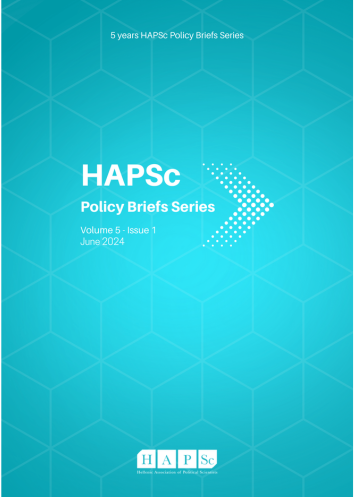Twenty Years of Social Media; Let’s Discuss “The Untold Truths"
Résumé
While social media have become a routine for billion of people and their key mean of communication, there are several issues and questions to be addressed with social media. This publication examines the key issues which have risen 20 years after the launch of Facebook and its “untold truths” which are discussed in this publication. Issues such as the mental effect of social media on its users – mostly young users -, manipulation of data, post-truth and the rapid expansion of “fake news” are just some of those “untold truths” discussed on this paper. Furthermore, this publication moves on with some recommendations on how to handle those realities. There are some hints so to reduce the time spent on social media, but also it refers on the need to ask for counseling if this is necessary.
Article Details
- Comment citer
-
Karapetsas, V., & Mantas, C. (2024). Twenty Years of Social Media; Let’s Discuss “The Untold Truths". HAPSc Policy Briefs Series, 5(1), 26–32. https://doi.org/10.12681/hapscpbs.38954
- Rubrique
- Articles

Ce travail est disponible sous la licence Creative Commons Attribution 4.0 International .
Authors retain copyright and grant the journal right of first publication with the work simultaneously licensed under a Creative Commons Attribution License that allows others to share the work with an acknowledgement of the work's authorship and initial publication in this journal.


